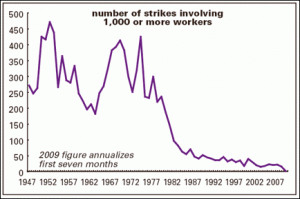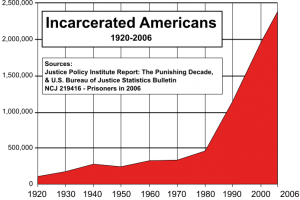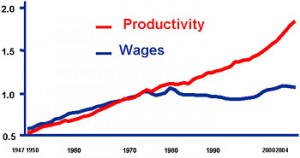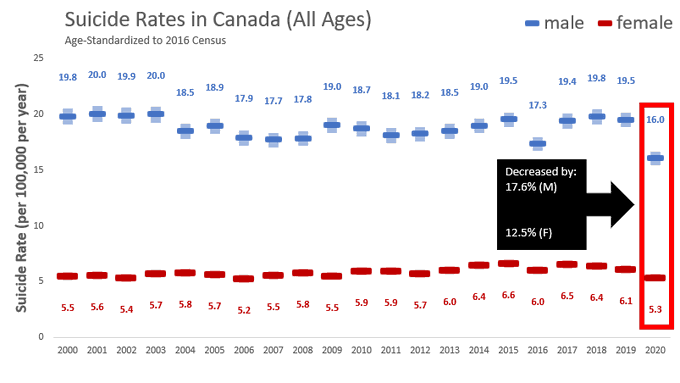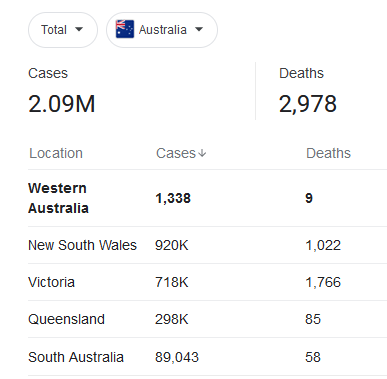I’d really hate to be China’s leadership right now. This is rock/hard place for them. If they don’t keep Russia alive, they will have no ally when it’s their turn, but the US and Europe are likely to put a ton of pressure on them for sanctions & that will start the cold war earlier than they wanted (for them — it’s already started for Russia).
Obama famously pivoted to China, calling it the biggest threat. Trump slapped on sanctions and used a ban on semiconducters to absolutely savage Huawei, the flagship Chinese tech company, whose phones were rivaling Apple and Samsung, and whose 5G technology was the most advanced and ready-to-deploy in the world.
They put immense pressure on Europe to not use Huawei 5g tech and largely succeeded.
When Biden came in, he removed none of Trumps sanctions.
In effect, the US has been declaring China its enemy for about 12 years now, through both Democratic and Republican administrations, and over the last few years, anti-China sentiment in DC has solidified. As far as I can tell, it is truly bipartisan.
China has known that a cold war with the US was inevitable for a couple of years now, though they suspected it before. They had hoped to keep Europe as a neutral customer, but Europe has bowed down to the US whenever push comes to shove, so China, like Russia, appears to regard Europe as an American satrapy — a subject state who will do what the US says.
The US and Europe will now put immense pressure on China to comply with sanctions on Russia and to not help Russia get around them.
My guess is that China will not, substantially, comply. The calculus is simple: Cold war with the US is coming, and if they let Russia get taken out, they lose a powerful ally and will then be surrounded, rather than having most of their Western flank covered by another Great Power.
Russia has repeatedly told the West to go fuck itself with regards to sanctions. They regarded, even before this war, more sanctions as inevitable. All that the war has done, they believe, is move the sanctions forward. China is likely to have the same calculus: sanctions, tariffs, and so on are never removed, only increased over time.
Both China and Russia have their own SWIFT alternatives. They will hook together and be offered to the rest of the world. As non-US allies have seen, with Venezuela, Iran, and now Russia (among others) that the US will even freeze reserves, they will join the Chinese and Russian systems and settle trade in Yuan. They will move reserves out of the US/European system.
This is, however, a huge hit to both China and the US. The US cannot currently decouple from China — it’s impossible. The US actually needs China more than China needs them. Remember, China is the largest industrial power, not the US.
It’s still a terrible trap, though, and the Chinese will, I think, play to mitigate. The US will not slap the worst sanctions on just yet, but will rush to move production to low-cost US allies.
There is an alternative, of course. China could buckle, agree to join the “rules-based order,” and play by American rules. The issues here are threefold.
First: This means China is not allowed to take control of value chains, which provides much of the real profit. Probably 15 percent or so of the value in a value chain comes just from that. They will have to keep paying US intellectual property fees, which amount to another ten to 15 percent in a lot of industries.
Intellectual property, if it’s not obvious, is on the table. Certainly Russia will stop paying these fees, that’s almost certain.
Second: Playing by Western rules means, the Chinese believe, staying stuck in the middle income trap and not making it to high income. This is one of those places which is a genuine trap: Decoupling will be a huge hit, but staying in the system and playing by the rules set up to favor the US and its allies means being in a system which keeps China from becoming a rich nation.
Third: There is an emotional component. As much as many Europeans, especially eastern Europeans, hate and fear Russia, China has a deep resevoir of hate for Europe, and the US for the “century of humiliation,” for Taiwan (to them a rebellious province which they would have retaken years ago if the West didn’t support it), and of course, a lot of hatred for Japan, the West’s primary Asian ally, for its invasion, occupation, and atrocities before and during WWII.
Emotionally, the Chinese are primed to tell the West to go fuck itself. They didn’t see why they should’ve play by rules made even when they were at their weakest. The “rules-based international order” to them is nothing but a set of rules set up by people who don’t want them to be a great, rich nation again. Rhetoric from the US has solidified this impression, and I think more correctly than not.
So the “cut a deal and compromise” really means “accept the current world order and play by rules that China thinks are unfair to them, and are made without their input.”
My guess is that China will do whatever it takes to keep Russia alive and to stop Western sanctions from achieving their declared aim: To collapse the Russian economy and cause regime change. Viewed pragmatically, I think that is the right call if you are the Chinese leadership, because the other two options (acquiescing to Western rules or letting Russia collapse and facing the West w/o Russia) seem worse.
I would guess, and it is just a guess, that this takes about four to eight years, because the US would be insane to decouple now, and China also wants time to prepare. But emotions are running high and a lot of policies have been made without clearly thinking through their consequences lately, so I while I think it’s odds on, I won’t be surprised if emotions rule instead. The decoupling may happen sooner.
Welcome to the new Cold War. Remember, in this one, the world’s biggest industrial power and most populous nation is on the other side. This isn’t 1950 or even 2000. China is the biggest trade partner of more nations than the US, not the other way around.
And China needs what Russia has: wheat, oil, and mineral resources.
Cold War 2.0 isn’t one in which the West are necessarily the favorites to win.

